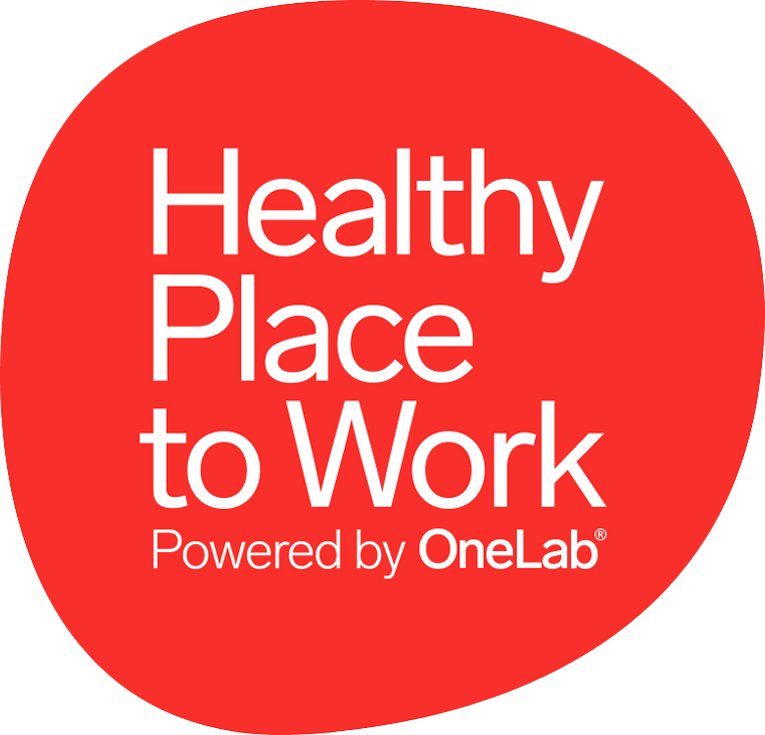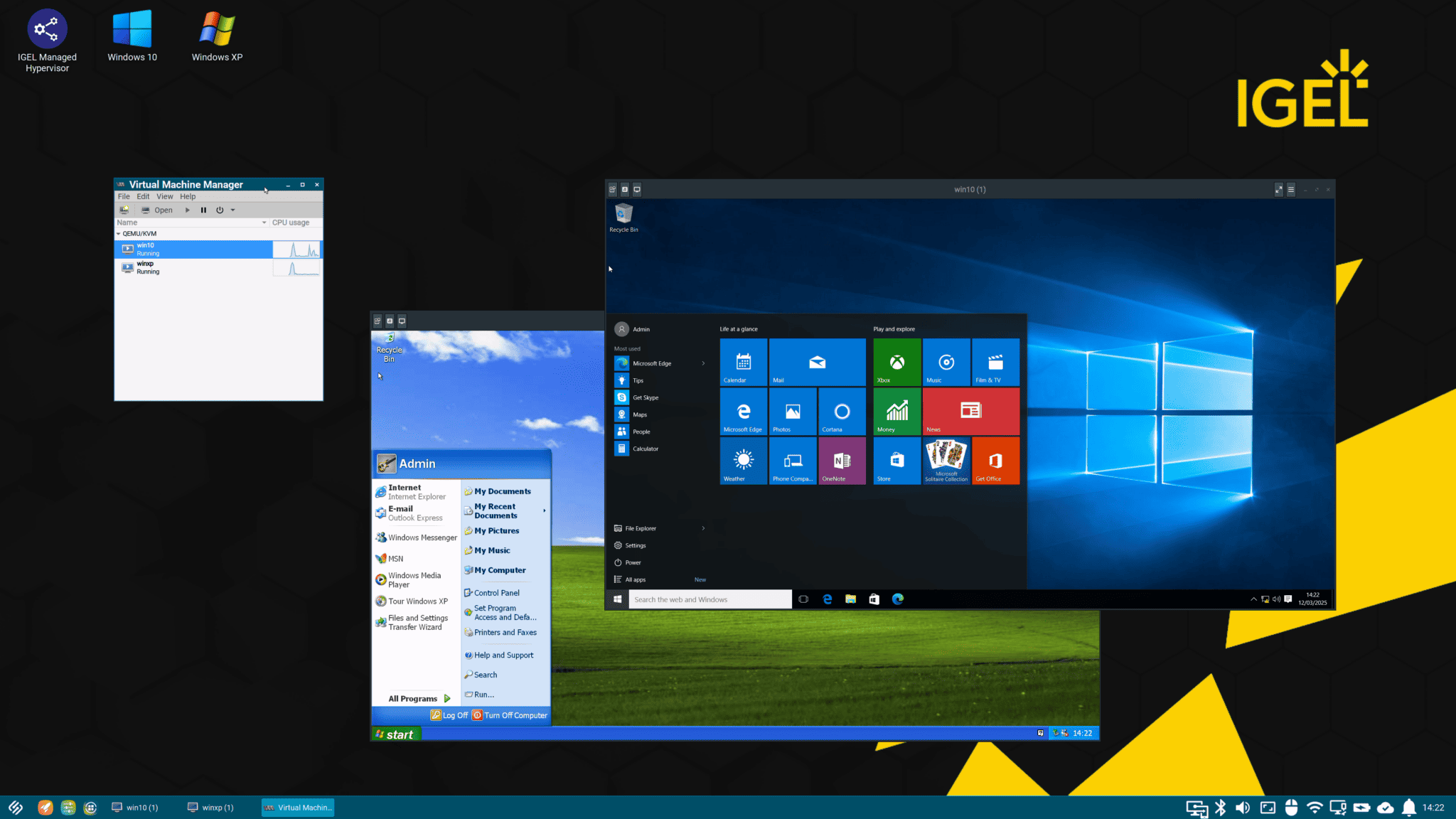The Critical Role of Data Quality and Data Governance in Modern Organizations


The Critical Role of Data Quality and Data Governance in Modern Organizations
In an era where data volumes are growing exponentially, reliable and well-governed data has become one of the most valuable assets for any organization. Do you agree? Without structured approaches to data quality and governance, you risk making decisions based on poor foundations, losing competitiveness, and falling short of regulatory compliance. With the right strategies and tools, however, data can be transformed into a strategic resource that drives innovation, efficiency, and sustainable growth.Organizations depend on accurate and well-managed data to make informed decisions, optimize operations, and comply with regulations. When data quality and data governance are neglected, the consequences can include financial losses, compliance risks, wasted resources, and a lack of trust in reporting.
What Do We Mean by Data Quality and Data Governance?
Data quality is about ensuring that data is accurate, consistent, complete, and reliable. Data governance refers to the processes, policies, and technologies that manage the availability, usability, integrity, and security of data. Together, they form the foundation for trustworthy business decisions and compliance with regulations such as GDPR or HIPAA.
Why Is Data Governance Important?
- Better decision-making through accurate data
- Higher efficiency thanks to fewer errors and streamlined processes
- Compliance via structured controls and safeguards
Common Challenges Organizations Face
- Data silos: fragmented information across isolated systems
- Inconsistent definitions: different departments interpreting the same data differently
- Security risks: poor governance opening the door to breaches
- Manual processes: time-consuming, error-prone tasks in tools like Excel
The good news? There are solutions.
Four Key Areas to Overcome These Challenges
- Automated data quality monitoring: detects and corrects errors in real time
- Metadata-driven governance: clear definitions, ownership, and traceability
- Centralized access control: role-based security and protection of sensitive information
- Self-service capabilities: reducing IT bottlenecks and enabling agility
TimeXtender as a Unified Solution
Many solutions require multiple disconnected tools, adding complexity. TimeXtender, on the other hand, provides a unified, low-code platform that combines:
- Data Quality: clean, accurate data before it reaches business systems
- Master Data Management (MDM): a single version of the truth
- Orchestration: automated enforcement of security and compliance
- Data Integration: controlled and traceable data movement
Effective data quality and governance are essential to avoid inefficiencies, security risks, and flawed decision-making. By combining automation, metadata, and centralized processes, you can build a solid data foundation that supports both growth and long-term sustainability.
Contact us at Infozone to learn more about how TimeXtender can help your organization.



